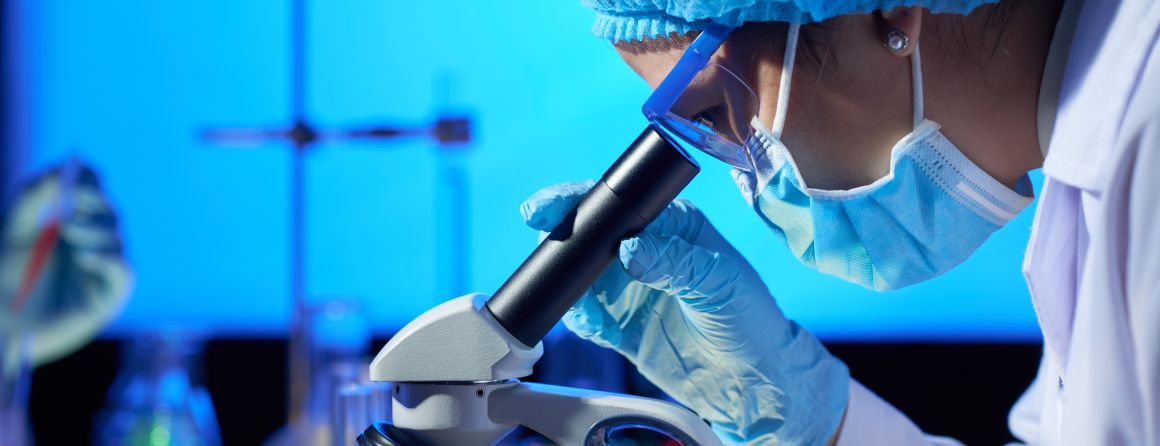MCRI welcomes more than $5 million in research grants

Research into protecting premmie babies' lungs, brain development and diabetes are among several Murdoch Children's Research Institute projects to receive funding in the latest federal grants round.
Researchers at MCRI have received five Ideas Grants and two Clinical Trials and Cohort Studies Grants, totalling more than $5 million through the National Health and Medical Research Council (NHMRC) and announced by Federal Health Minister Greg Hunt.
Professor Ed Stanley received $996,560 to develop treatments for type 1 diabetes.
"We plan to make human immune cells and insulin producing cells in the laboratory, and to combine them together to see what causes the immune cells to mistakenly kill the cells that make insulin," he said.
"This model will then be used to find ways to prevent this attack, and therefore develop treatments for Type 1 diabetes."
Associate Professor David Tingay was allocated $894,316 to use imaging and molecular technologies to understand how the preterm lung inflates at birth, and to develop approaches that support and protect the lungs from the very first breaths of life.
"Preterm birth exposes the under-developed preterm lung to breathing before it is ready, causing early respiratory failure," he said.
"Recent data shows that rates of preterm lung disease are increasing despite more advanced respiratory therapies."
Dr Sarah Stephenson was awarded $777,245 to provide insights into normal human brain development, which would directly impact on patient care.
"Correct development of the brain is critical for normal intellectual and motor development," she said.
"The identification and characterisation of genes regulating brain development will delineate pathogenic mechanisms underlying neurodevelopmental disorders including intellectual disability and epilepsy."
Associate Professor Catherine Satzke received $736,391 to investigate the impactions of a pneumococcal vaccination.
"We will determine the effect of respiratory syncytial virus (RSV) and the live influenza vaccine on pneumococcal transmission and how pneumococci accelerates the clearance of RSV, and affects the protection of the vaccine," she said.
"We will then test the effect of a pneumococcal vaccine on subsequent viral infections. Our research will deliver a new understanding of bacterial-viral co-infections and their importance for vaccination."
Associate Professor Salvatore Pepe was awarded $1,076,092 for his study that aims to reduce the high risk of heart failure and death faced by children with severe congenital or acquired heart diseases.
"We will test our unique cord blood stem cell therapy for safety and clinical capacity to stimulate normal heart muscle growth and improve heart function and survival in patients during cardiopulmonary bypass heart surgery," he said.
Associate Professor Lisa Hui was allocated $727,858 for her clinical trial that will look at genetic variants in unborn babies.
"Each year, more than 1300 pregnant women in Victoria have an advanced diagnostic test due to a possible chromosome condition in their unborn baby," she said.
"Modern genomic testing can provide women with useful information about their unborn baby, but can also find genetic variants that are not well understood and consequently raise major concerns about the child's long term development.
"Our study will provide the much-needed pregnancy and childhood outcomes to provide optimal care for these families."



